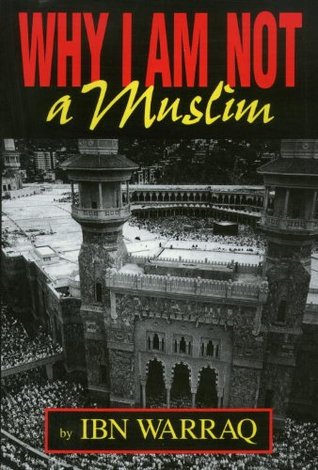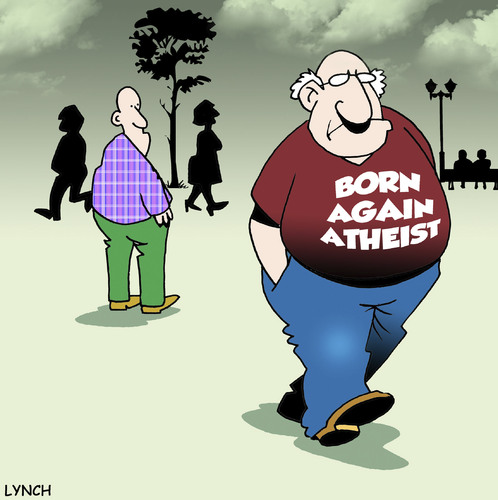We know from some of Lincoln's quotes and his writings that he read the Bible, plays by Shakespeare, and poetry by Robert Burns. He read many more that he attested to such as Aesop's Fables, and Life of Washington by Washington Irving. His law partner William H. Herndon was an avid purchaser of books and after Lincoln's assassination he catalogued many that he knew Lincoln read some in part and some in whole, before and during their partnership. According to Herndon “In 1834, while still living in New Salem and before he became a lawyer, he was surrounded by a class of people exceedingly liberal in matters of religion. Volney’s Ruins and Payne’s Age of Reason passed from hand to hand. . . . Lincoln read both these books and thus assimilated them into his own being.” Additionally, of course, Lincoln read and studied many law books, including Blackstone's Commentaries.
People who lived in New Salem were recorded as saying that Lincoln also devoted time to reading newspapers. I would love to know if Garrison's Liberator made it to New Salem, and if Lincoln read it. I'm thinking he probably did. I wonder how it influenced his views on many issues of the time. Here is the first issue:
To the Public
January 1, 1831
In the month of August, I issued proposals for publishing
"THE LIBERATOR" in Washington City;
but the enterprise, though hailed in different sections of the country, was
palsied by public indifference. Since that time, the removal of the Genius of
Universal Emancipation to the Seat of Government has rendered less imperious
the establishment of a simliar periodical in that quarter.
During my recent tour for the purpose of exciting the minds of
the people by a series of discourses on the subject of slavery, every place
that I visited gave fresh evidence of the fact, that a greater revolution in
public sentiment was to be effected in the free States -- and particularly in
New-England -- than at the South. I found contempt more bitter, opposition more
active, detraction more relentless, prejudice more stubborn, and apathy more
frozen, than among slave-owners themselves. Of course, there were individual
exceptions to the contrary. This state of things afflicted, but did not
dishearten me. I determined, at every hazard, to lift up the standard of
emancipation in the eyes of the nation, within sight of Bunker HIll and in the
birthplace of liberty. That standard is now unfurled; and long may it float,
unhurt by the spoliations of time or the missles of a desperate foe--yea, till
every chain be broken, and every bondman set free! Let Southern oppressors
tremble--let their secret abettors tremble--let their Northern apologists
tremble--let all the enemies of the persecuted blacks tremble.
I deem the publication of my original Prospectus unnecessary, as
it has obtained a wide circulation. The principles therein inculcated will be
steadily pursued in this paper, excepting that I shall not array myself as the
political partisans of any man. In defending the great cause of human rights, I
wish to derive the assistance of all religions and off all parties.
Assenting to the "self-evident truth" maintained in
the American Declaration of Independence, "that all men are created equal,
and endowed by their Creator with certain inalienable rights--among which are
life, liberty and the pursuit of happiness," I shall strenuously contend
for the immediate enfranchisement of our slave population. In Park-Street
Church, on the Fourth of July, 1829, in an address on slavery, I unreflectingly
assented to the popular but pernicious doctrine of gradual abolition. I seize
this opportunity to make a full and unequivocal recantation, and thus publicly
to ask pardon of my God, of my country, and of my brethren the poor slaves, for
having uttered a sentiment so full of timidity, injustice, and absurdity. A
similar recantation, from my pen, was published in the Genius of Universal
Emancipation at Baltimore, in September, 1829. My conscience is now satisfied.
I am aware that many object to the severity of my language; but
is there not cause for severity? I will be as harsh as truth, and as
uncompromising as justice. On this subject, I do not wish to think, or speak,
or write, with moderation. No! no! Tell a man whose house is on fire to give a
moderate alarm; tell him to moderately rescue his wife from the hands of the
ravisher; tell the mother to gradually extricate her babe from the fire into
which it has fallen;--but urge me not to use moderation in a cause like the
present. I am in earnest--I will not equivocate--I will not excuse--I will not
retreat a single inch--AND I WILL BE HEARD. The apathy of the people is enough
to make every statue leap from its pedestal, and to hasten the resurrection of
the dead.
It is pretended, that I am retarding the cause of emancipation
by the coarseness of my invective and the precipitancy of my measures. The
charge is not true. On this question my influence,--humble as it is,--is felt
at this moment to a considerable extent, and shall be felt in coming years--not
perniciously, but beneficially--not as a curse, but as a blessing; and
posterity will bear testimony that I was right. I desire to thank God, that he
enables me to disregard "the fear of man which bringeth a snare," and
to speak his truth in its simplicity and power. And here I close with this
fresh dedication:
"Oppression! I have seen thee, face to face,
And met thy cruel eye
and cloudy brow;
But thy soul-withering
glance I fear not now
For dread to prouder
feelings doth give place
Of deep abhorrence! Scorning the disgrace
Of slavish knees that
at they footstool bow,
I also kneel--but with
far other vow
Do hail thee and they
herd of hirelings base:
I swear, while
life-blood warms my throbbing veins,
Still to oppose and
thwart, with heart and hand,
Thy brutalising
sway-till Afric's chains
Are burst, and Freedom
rules the rescued land,
Trampling Oppression
and his iron rod:
Such is the vow I
take-so HELP ME GOD!"
WILLIAM LLOYD
GARRISON.
BOSTON, January 1,
1831
The Essential Documents of American History was compiled by
Norman P. Desmarais and James H. McGovern of Providence College.
I believe to try to place Lincoln in a specific category does a disservice to the incredible human being he was, a very well-educated, thoughtful individual who reflected deeply on the meaning of life and his role in it.





